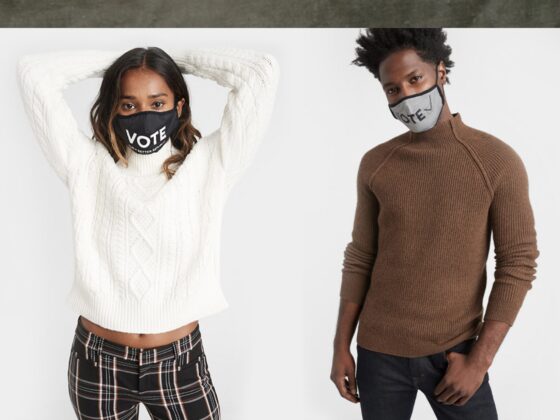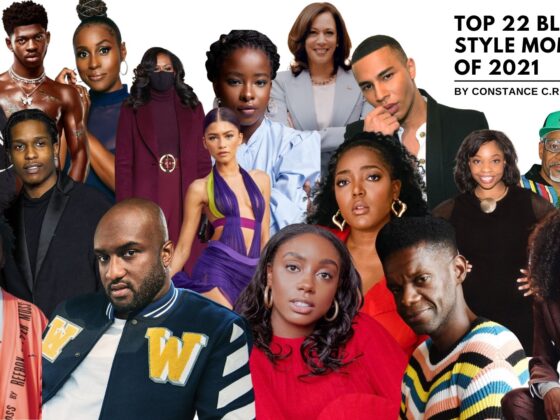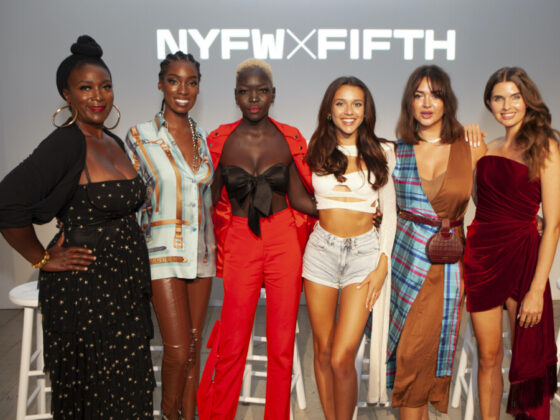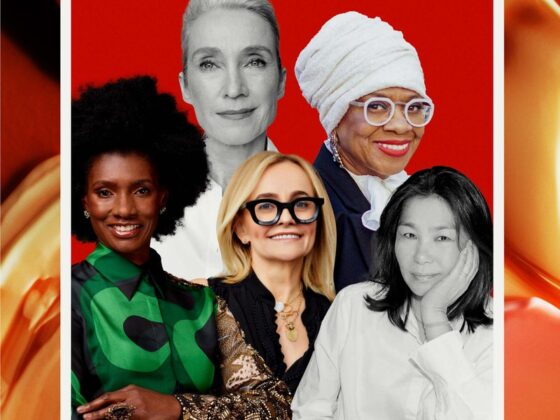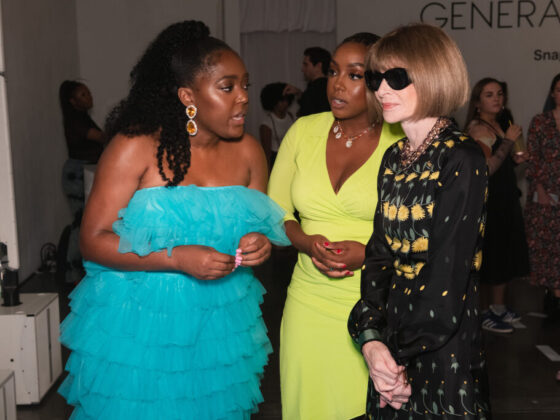Written for the Purist by Constance C.R. White
In our polarized, emotionally charged world, retribution has never been so swift and devastating. But is there a better way?
Influencer Jenna Marbles amassed 20 million followers to her YouTube channel, but despite this impressive success, in June she quit the platform amid a slew of disapproval. The actor and comedian, 33, whose real name is Jenna Mourey, faced mounting criticism for offensive YouTube videos from her past. Viewers charged that one video was misogynistic—slut-shaming girls who slept with multiple guys. In a second video, Marbles purportedly donned blackface and dressed up as rapper Nicki Minaj and in yet another, she mocked Asians.
An early influencer who’d been on YouTube since 2010, Marbles apologized for the racist and sexist videos. She blocked the videos, so they can no longer be viewed and she issued a tearful apology to her followers. “It’s not OK,” she said. “It’s shameful. It’s awful. I wish it wasn’t part of my past. I don’t want to put anything out in the world that’s gonna hurt anybody,” she sobbed in her video farewell
to YouTube.
Clearly, she’s remorseful. Yet, Marbles remains canceled. Marbles knows as well as anyone, cancel culture can be particularly unforgiving.
And in our increasingly connected, polarized and diversified society, cancel culture is ubiquitous. But is it sometimes going too fast, as well as too far? Are we helping society while hurting individuals?
“It’s a slippery slope,” says Dr. Lise Van Susteren, MD, a psychiatrist who co-authored the book Emotional Inflammation (Sounds True Publishers).
In response to a climate where emotional stressors have been ratcheted up, cancel culture is just one result of an on-edge social environment. “The more emotional inflammation you have, the more passion, the more cancel culture,” she observes.



